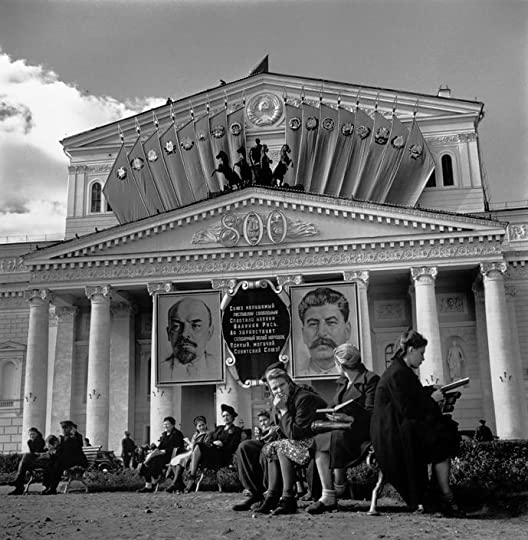The story of The Death of Ivan Ilych profoundly touches on the concepts of life and death. Although I have come across books that talk deeply about life, I cannot say the same about death. And this book quite compensated for that omission.
Tolstoy, through the fictitious character of Ivan Ilych, exposes the concept of death and human feelings when they are confronted with death. Ivan Ilych, a judge, leads an active professional life and performs his social duty well. He is also a husband and a father and performs his family duties well too. Despite all this, when he finally faces death, Ivan Ilych is in doubt whether he really lived a meaningful life. “Can it be that I have not lived as one ought?” he thinks. “But how not so, when I’ve done everything as it should be done?” he argues.
Tolstoy was a constant seeker of the true meaning of life beyond the “accepted bourgeois standard of living”, beyond the social and domestic duties performed by men/women. Written after his religious conversion, Tolstoy’s new thoughts on life are reflected through the story of Ivan Ilych. Living life by bourgeois standards and the mere performance of social and domestic duties do not alone make living meaningful. This is clearly shown through the fear and mental suffering of Ivan Ilych on his deathbed. There is life beyond that; a life of truth, call it spirituality, or path to enlightenment according to your own religious convictions. And the true meaning of life is veiled by an illusion, by what we call life – the materialistic living, the performance of social and domestic duties in that materialistic world. In this illusory way of living, we abandon the duty to ourselves; we abandon our quest to realize the true meaning of life. But when we see the truth in life and live life meaningfully according to that truth, we see the “light” beyond death and “death disappears”. This is what Tolstoy was driving at.
This is a meaningful book with a powerful message. And I heartily agree that this is a supreme masterpiece on the subject of death and dying. It is one of the most thought-provoking books from one of the best masters of literature. Though written in the late 19th century, this is a timeless and a universal classic, timeless and universal as life and death. I enjoyed it very much.
Rating: 4/5



